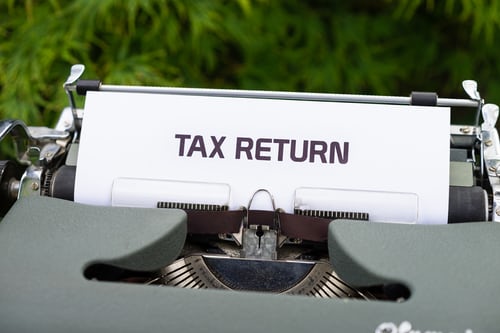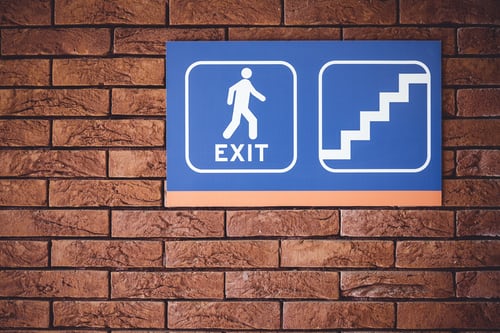Working in the UK
3. Employment status, taxes and health and safety information
Employment status 
A person may have a different employment status in tax law.
The main types of employment status are:
For more information around types of and employment rights of each status, click on the type of status above.
You may want to start your own business.This is known as being self-employed. It is a good idea to get advice before you start your business. You may be able to get financial or other help to start up. For more information visit the government website about being self-employed: Work for Yourself Most people in the UK pay Income Tax and National Insurance (NI). Income tax is based on how much you earn. Anyone who is physically present in Britain for six months or more in any tax year is regarded as resident for tax purposes. Self-Employment (Starting your own business)

Taxation and National Insurance (NI) Contributions

National Insurance is paid to the Government and contributes to state pensions, welfare benefits and the National Health Service(NHS).
Income Tax and National Insurance contributions are taken directly from your pay as soon as you earn more than the lower earnings limit.
You should receive a pay slip from your employer which shows details of all the deductions that have been made.
Everyone needs a National Insurance Number before they can start work or claim any benefits.
You can apply National Insurance Number online: Apply for National Insurance Number
National Minimum Wage and National Living Wage rates
The hourly rate for the minimum wage depends on your age and whether you’re an apprentice.
Year | 25 and over | 21 to 24 | 18 to 20 | Under 18 | Apprentice |
April 2020 (current rate) | £8.72 | £8.20 | £6.45 | £4.55 | £4.15 |
Health and Safety at Work 
Your employer has a duty to make sure that you are safe at work.
They must make sure you have the right safety clothing, and are properly protected.
They must also ensure that your place of work is not a fire risk.
There must be signs to tell you where to go if there is a fire, and there should be fire extinguishers nearby.
You should be given proper instructions on how to use any equipment.